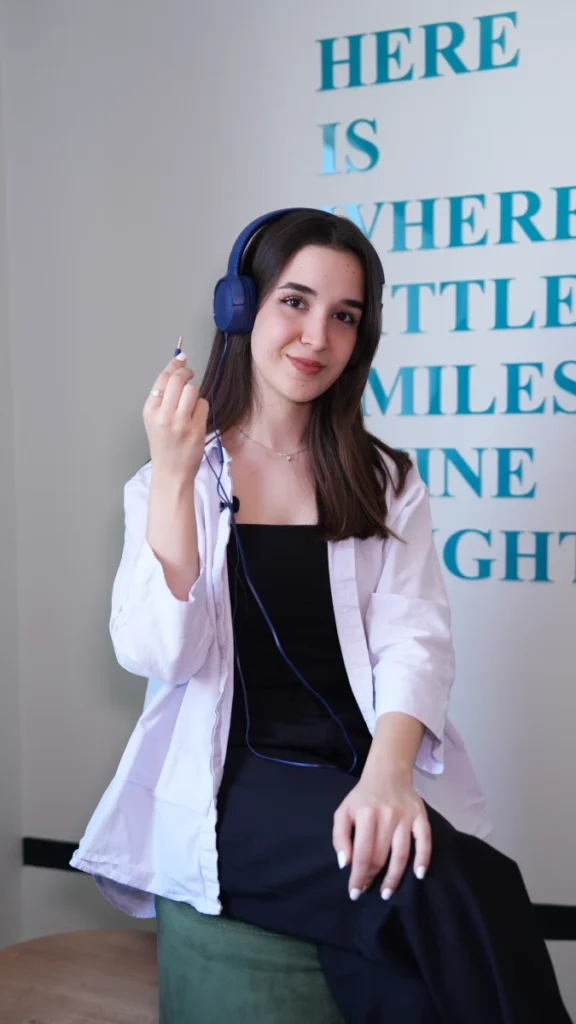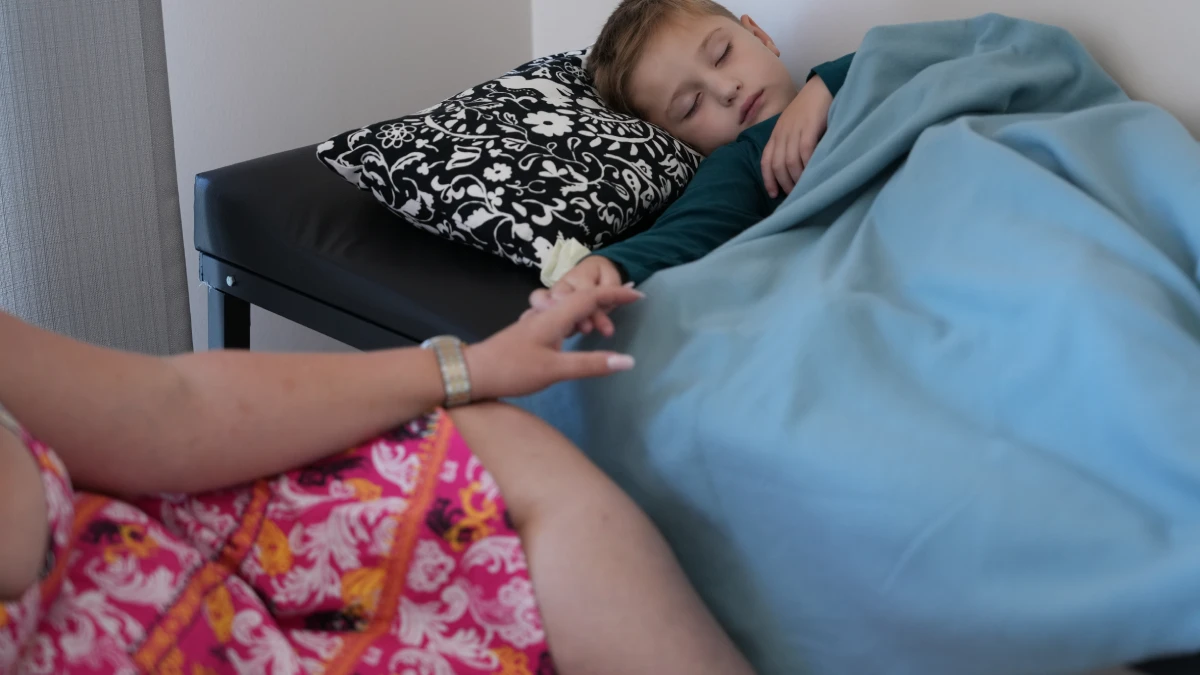In recent years, the therapeutic benefits of music for individuals with autism have gained significant attention. Research suggests that specific types of music can aid in enhancing focus, improving sleep, and alleviating sensory overload. These outcomes are particularly important for families and caregivers seeking effective strategies to support autistic individuals. In this blog post, we will explore how music can play a transformative role in the lives of those with autism, delving into its benefits and providing practical tips for incorporating music into daily routines.
The Power of Music in Autism Therapy
- Enhancing Focus and Concentration
Music has a profound impact on cognitive functions, especially for individuals with autism who may struggle with attention and focus. Here are some ways music can help:
– Rhythmic Structure: The predictable patterns in music can provide a sense of stability, making it easier for individuals to concentrate.
– Background Stimulus: Soft, instrumental music can serve as a pleasant background noise, reducing distractions and improving focus.
– Motivational Influence: Upbeat music can motivate individuals to engage in tasks and activities, promoting a positive and productive environment.
- Improving Sleep Quality
Sleep disturbances are common among individuals with autism, and music can be a gentle remedy. Consider the following benefits:
– Relaxation Techniques: Calming music can promote relaxation, helping to transition into sleep more smoothly.
– Routine Establishment: Incorporating music into bedtime routines can signal to the brain that it’s time to wind down, enhancing overall sleep hygiene.
– Sleep-Inducing Frequencies: Certain types of music, such as lullabies or nature sounds, can have a soothing effect, facilitating deeper and more restful sleep.
- Alleviating Sensory Overload
Many individuals with autism experience sensory overload, which can lead to anxiety and distress. Music can serve as a valuable tool in these situations:
– Soothing Effects: Gentle music can create a calming atmosphere, helping to soothe the nervous system during overwhelming moments.
– Distraction Method: Engaging with music can divert attention from distressing sensory input, providing a much-needed respite.
– Controlled Environment: Listening to familiar music in a controlled setting can help individuals feel safe and secure, reducing anxiety.
Practical Tips for Incorporating Music
To harness the benefits of music effectively, consider the following strategies:
– Create Playlists: Develop tailored playlists that include calming, uplifting, or motivational tracks based on individual preferences.
– Set a Routine: Integrate music into daily activities, such as homework time, mealtimes, or bedtime routines.
– Experiment with Genres: Explore various genres of music to find what resonates best. Classical, jazz, and ambient music are often great starting points.
– Engage in Music Activities: Encourage participation in musical activities, such as singing, playing instruments, or even dancing, to foster expression and enjoyment.
Curated Playlist for Sensory Overload
At Linden Health, we have compiled a curated playlist featuring tracks that may help alleviate sensory overload. This diverse mix includes selections from various sources, and we are eager to hear your thoughts! However, it’s important to remember that sometimes music can have the opposite effect. Being mindful of these moments is essential.

Conclusion
The role of music in supporting individuals with autism cannot be underestimated. Its ability to enhance focus, improve sleep, and alleviate sensory overload offers a holistic approach to care that is both accessible and effective. By incorporating music into daily routines, families and caregivers can create a nurturing environment that promotes well-being and growth. As we continue to explore the intersections of music and autism, let us celebrate the healing power of sound, creating harmony in the lives of those we love.
By understanding and leveraging the benefits of music, we can pave the way for a brighter, more harmonious future for individuals with autism and their families.
